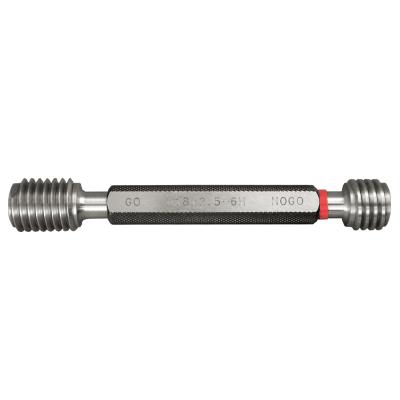drill sleeves Supplier
Drill sleeves are essential tools used to adapt drill chucks or Morse tapers on drilling machines to accommodate drills with smaller shanks. Selecting the right drill sleeve supplier involves considering material quality, size range, precision, and reliability. This guide explores the key factors in choosing the ideal drill sleeves and finding a dependable drill sleeves supplier to meet your specific drilling needs.
Understanding Drill Sleeves
What are Drill Sleeves?
Drill sleeves, also known as reducing sleeves or adapter sleeves, are precision-machined tools designed to allow the use of smaller-shanked drills in larger machine spindles. They bridge the gap between the drill's shank size and the machine's chuck or Morse taper socket. This enables greater versatility and cost-effectiveness in drilling operations by eliminating the need for multiple drilling machines or chuck changes.
Types of Drill Sleeves
There are several types of drill sleeves, primarily categorized by their taper sizes. The most common types are Morse taper sleeves (MT sleeves). Knowing the machine spindle and drill shank taper sizes is crucial for selecting the correct sleeve. Here's a brief overview:
- Morse Taper (MT) Sleeves: These sleeves have a standardized taper known as the Morse taper. They are identified by numbers, such as MT-1, MT-2, MT-3, MT-4, MT-5, and MT-6, with MT-6 being the largest. An MT-2 sleeve, for example, would allow you to use an MT-2 shank drill in a machine with an MT-3 socket.
- Straight Shank Sleeves: These sleeves are used with drills that have straight shanks. They allow the use of smaller diameter straight shank drills in larger chucks.
- Taper Shank Adapters: These adapters have an external taper and an internal straight bore, used to adapt taper shank drills to collet chucks or straight bore holders.
Factors to Consider When Choosing a Drill Sleeves Supplier
Material Quality and Durability
The material of a drill sleeve significantly impacts its performance and lifespan. High-quality steel alloys, often hardened and tempered, are essential for resisting wear, preventing deformation under pressure, and maintaining dimensional accuracy. Chrome vanadium steel and high-speed steel (HSS) are common choices for durable drill sleeves. Look for suppliers who can provide material certifications and hardness specifications.
Precision and Accuracy
Precision is paramount for drill sleeves. An accurately manufactured sleeve ensures proper drill alignment, reduces vibration, and minimizes runout, leading to cleaner, more precise holes. A reputable drill sleeves supplier will employ rigorous quality control measures and use advanced machining techniques to achieve tight tolerances. Ask for runout specifications and tolerance data before making a purchase.
Size Range and Availability
A comprehensive drill sleeves supplier should offer a wide range of sizes to accommodate various drill shank and machine spindle combinations. Consider whether the supplier stocks the specific sizes you need or if they offer custom manufacturing options for non-standard requirements. Quick availability and short lead times are also important, especially for urgent projects. Wayleading Tools provides a wide variety of tool holders, adapters, and drill sleeves to meet your machining needs.
Surface Finish and Coating
The surface finish of a drill sleeve affects its fit, lubrication, and resistance to corrosion. A smooth, well-finished surface reduces friction and prevents galling during insertion and removal. Coatings like black oxide can enhance corrosion resistance and improve lubricity. Check with the supplier about the surface finish and coating options available.
Supplier Reputation and Reliability
Choosing a reliable drill sleeves supplier is critical for ensuring consistent quality and timely delivery. Look for suppliers with a proven track record, positive customer reviews, and strong industry reputation. Request references or case studies to assess their capabilities and service levels. Wayleading Tools has over 10 years of experience in the design, manufacturing, and supply of precision cutting tools.
Pricing and Value
While price is a factor, it shouldn't be the sole determinant. Focus on the overall value proposition, considering the quality, durability, precision, and reliability of the drill sleeves. Compare prices from different suppliers, but prioritize long-term cost savings from reduced downtime and improved drilling performance.
Where to Find Drill Sleeves Suppliers
Online Marketplaces
Online marketplaces like Alibaba, Amazon, and industry-specific platforms (e.g., ThomasNet) offer a vast selection of drill sleeves suppliers. These platforms provide a convenient way to compare prices, read reviews, and contact multiple suppliers. However, exercise caution and thoroughly vet potential suppliers before placing an order. Look for suppliers with verified credentials and positive feedback.
Direct Manufacturers
Working directly with a drill sleeves manufacturer can offer several advantages, including greater control over quality, customization options, and potentially lower prices. Search for manufacturers through industry directories, trade shows, or online searches. Wayleading Tools (www.wayleading.com) specializes in precision cutting tools. Direct contact often allows for clearer communication and tailored solutions.
Industrial Distributors
Industrial distributors carry a wide range of tooling products, including drill sleeves, from various manufacturers. They offer convenience, technical support, and often provide value-added services like inventory management and just-in-time delivery. Reputable distributors typically have established relationships with leading manufacturers and can offer reliable products.
Assessing Drill Sleeves Quality
Visual Inspection
Before using a drill sleeve, perform a visual inspection for any signs of damage, such as cracks, dents, or corrosion. Ensure that the surface finish is smooth and free of defects. Check that the sleeve is properly marked with the correct size and taper designation.
Dimensional Accuracy Check
Use a precision measuring instrument, such as a caliper or micrometer, to verify the dimensional accuracy of the drill sleeve. Measure the internal and external taper dimensions to ensure they match the specified values. Any significant deviations can indicate manufacturing defects or wear.
Runout Test
A runout test measures the amount of radial deviation when the drill sleeve is rotated. Excessive runout can lead to inaccurate drilling and premature tool wear. Use a dial indicator to measure the runout at various points along the sleeve. A runout value of less than 0.0005 inches (0.013 mm) is generally considered acceptable for precision drilling.
Maintaining Drill Sleeves
Cleaning and Lubrication
Regular cleaning and lubrication are essential for maintaining drill sleeves. Remove any dirt, chips, or debris from the sleeve after each use. Apply a light coat of oil or grease to prevent corrosion and facilitate smooth insertion and removal.
Storage
Store drill sleeves in a clean, dry place to prevent corrosion and damage. Use a dedicated storage rack or container to protect the sleeves from impacts and abrasion. Avoid storing sleeves in direct sunlight or extreme temperatures.
Inspection
Periodically inspect drill sleeves for wear and damage. Replace any sleeves that show signs of excessive wear, cracking, or deformation. Regular inspection can prevent costly damage to drilling machines and ensure consistent drilling performance.
Case Study: Selecting the Right Drill Sleeve for Precision Drilling
A manufacturing company specializing in aerospace components required high-precision drilling for intricate parts. They experienced frequent drill breakage and inconsistent hole sizes due to inaccurate drill sleeves. After switching to high-quality drill sleeves from Wayleading Tools, manufactured with hardened steel and precision-ground tapers, they saw a significant reduction in drill breakage, improved hole accuracy, and enhanced overall drilling efficiency.
Conclusion
Choosing the right drill sleeves supplier is essential for achieving accurate, efficient, and reliable drilling operations. Consider factors like material quality, precision, size range, supplier reputation, and value when selecting a supplier. By following the guidelines outlined in this guide, you can find a trusted drill sleeves supplier that meets your specific needs and helps you maximize the performance of your drilling equipment.
Related products
Related products
Best selling products
Best selling products-
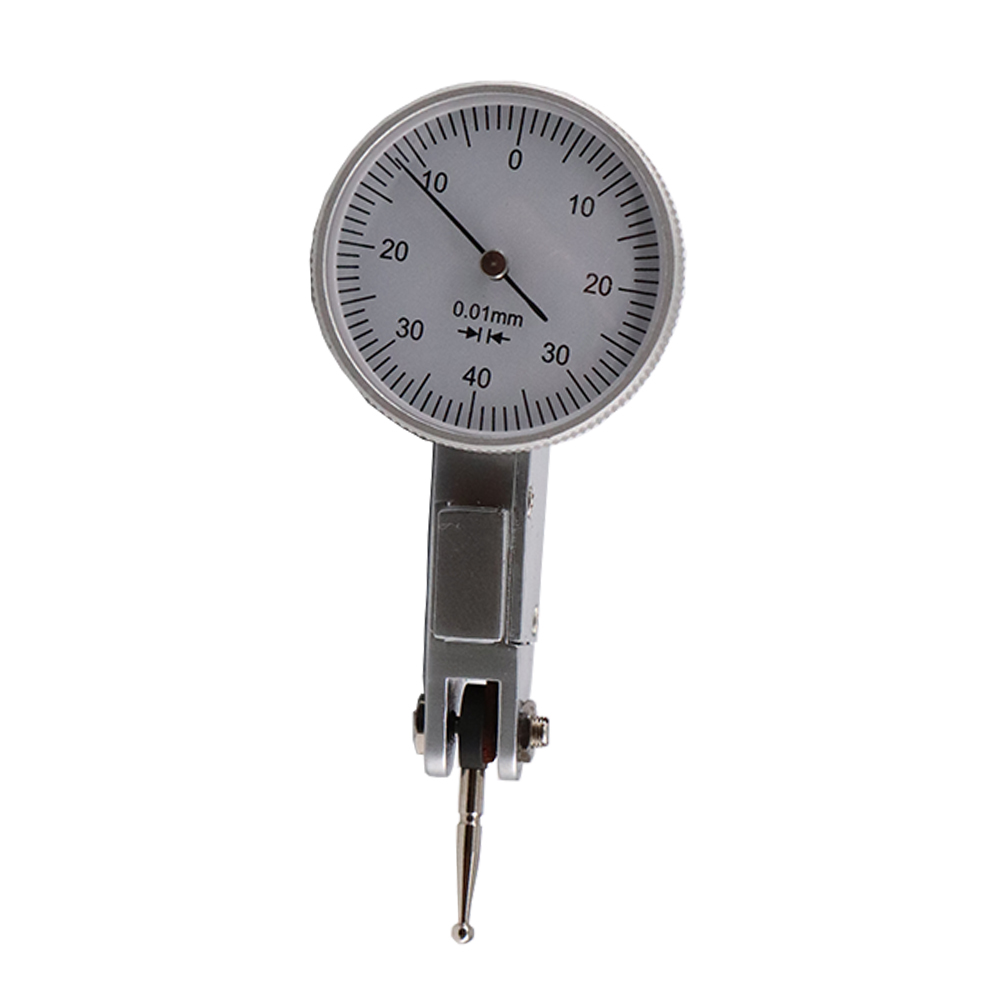 Precision Dial Test Indicator Gage For Industrial
Precision Dial Test Indicator Gage For Industrial -
 5C Round Collet With Inch and Metric Size
5C Round Collet With Inch and Metric Size -
 Auto Self Reversible Tapping Chuck In Drill Machine
Auto Self Reversible Tapping Chuck In Drill Machine -
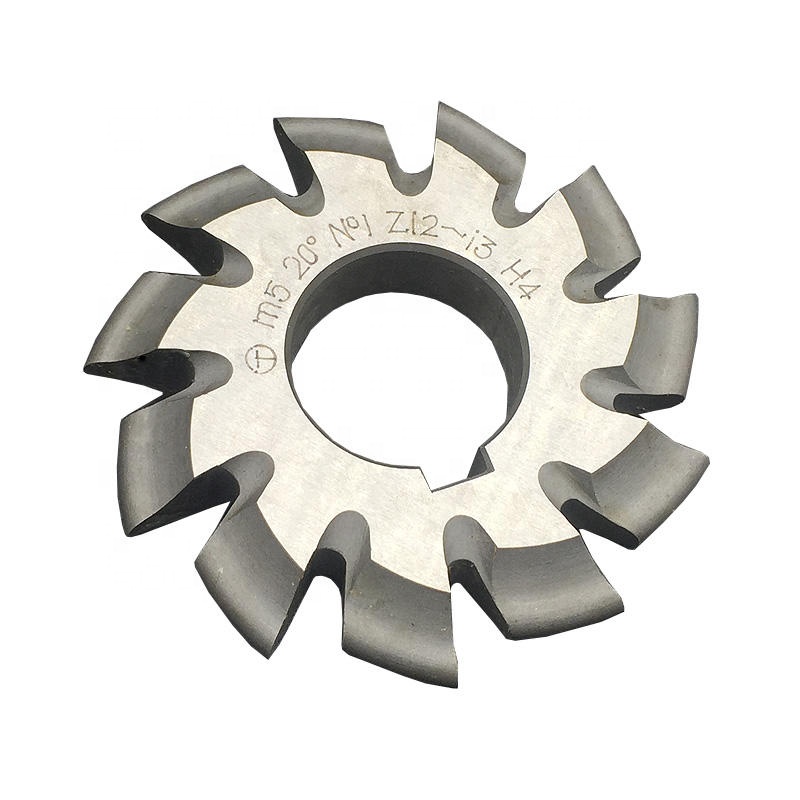 HSS Module Involute Gear Cutters With PA20 And PA14-1/2
HSS Module Involute Gear Cutters With PA20 And PA14-1/2 -
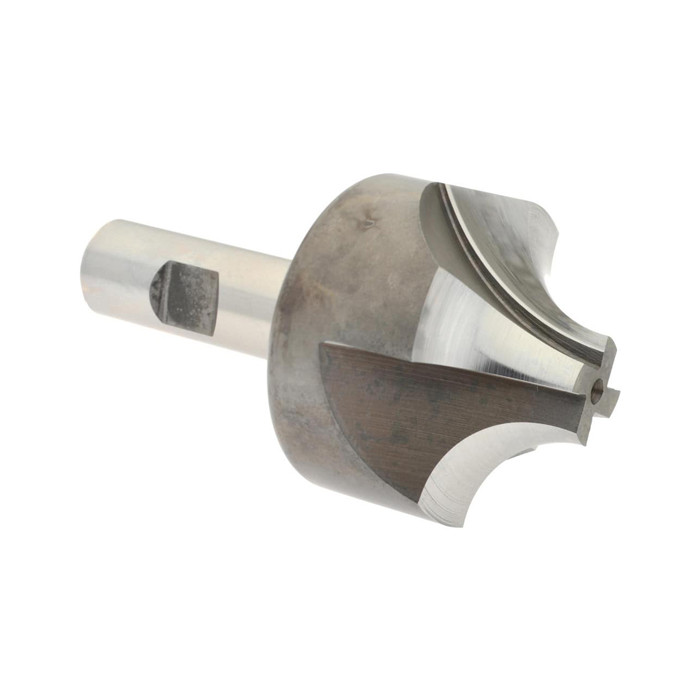 HSS Metric & Inch Corner Rounding End Mill For Industrial
HSS Metric & Inch Corner Rounding End Mill For Industrial -
 Precision 7pcs Angle Blocks Set With High Quality Type
Precision 7pcs Angle Blocks Set With High Quality Type -
 Dead Center For Morse Taper Shank
Dead Center For Morse Taper Shank -
 HSS Metric & Inch Woodruff Keyseat Cutter With Straight Or staggered Teeth
HSS Metric & Inch Woodruff Keyseat Cutter With Straight Or staggered Teeth -
 Precision Dial Caliper Of Double Shock-Proof For Industrial
Precision Dial Caliper Of Double Shock-Proof For Industrial -
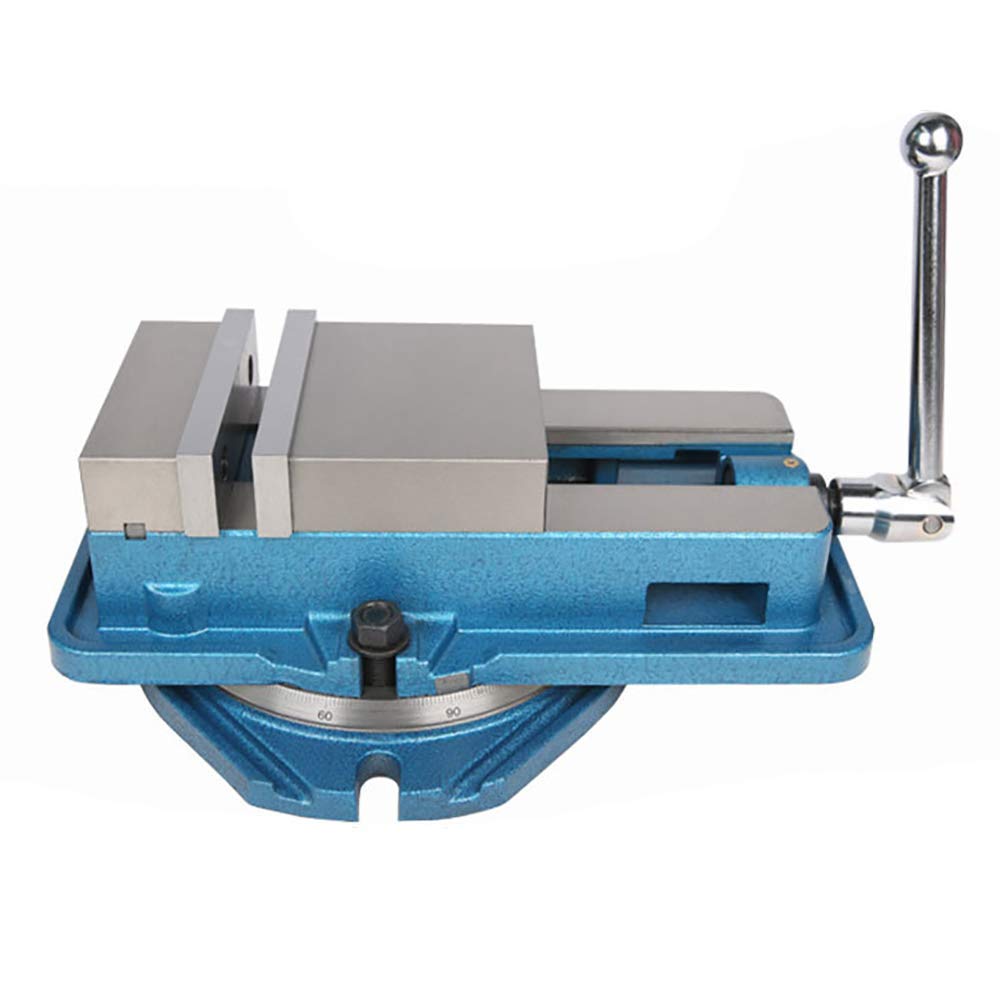 QM ACCU-Lock Precision Machine Vises With Swivel Base
QM ACCU-Lock Precision Machine Vises With Swivel Base -
 Precision V Block And Clamps Set With Customized Type
Precision V Block And Clamps Set With Customized Type -
 5C Square Collet With Inch and Metric Size
5C Square Collet With Inch and Metric Size
Related search
Related search- calipers with long jaws Manufacturer
- SCGX insert Factory
- parting and grooving tool holder Supplier
- caliper gauge Factory
- grv internal grooving toolholders
- ring gauge Manufacturers
- MSBN turning tool holder Manufacturer
- single angle milling cutter Manufacturers
- Indexable end mill set Supplier
- Wholesale revolving center




